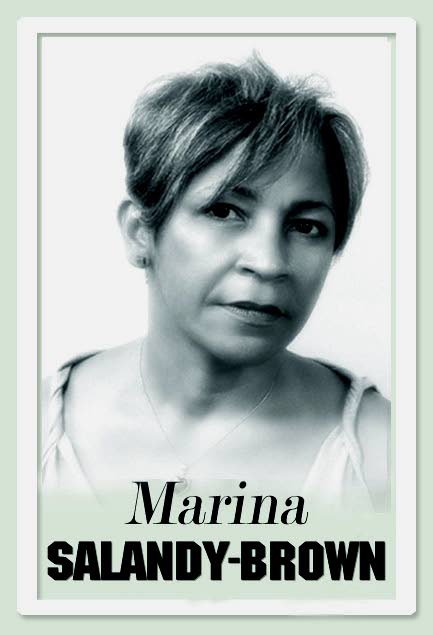Winning for a cause

The greatest of all time. That is not a little thing in any pursuit, and definitely not in the rarified world of Formula 1 car racing. Yet, Lewis Carl Davidson Hamilton MBE HonFREng, whose paternal ancestral home is Grenada, was named just that in Turkey last weekend. Without question, my favourite sports person is also the greatest sporting icon the UK has ever produced.
It was his 92nd F1 win and his 7th world championship, starting with an unforgettable Brazilian F1 race in 2008 when in the final seconds he courageously deprived Ferrari of the big win. It was clear then that he was someone to watch closely. It was not the only reason he stood out from the crowd. F1 is not a poor man’s sport, but an exclusive world in which people of Caribbean descent are seldom seen, and never as drivers until, aged 13, Hamilton joined a driver development programme. He and his father stuck out like sore thumbs in a sport famed for champagne, the rich and blondes.
Young Hamilton was also good looking, unassuming, a quiet sort, focused and determined. He was generous to his McLaren team from that very first championship, congratulating them on the win while still in the cockpit, but that did not endear him to many people. I once googled “Why is Hamilton so disliked?”, “Because he is politically correct to a fault!” came up in response. It may be only one of the contradictory reasons why UK sports commentators have found it hard to acknowledge his greatness. Just recently I heard a BBC news reporter accuse Hamilton of lacking humility – he was already six times world champion and equal to the legendary Michael Schumacher. It seems permission had not been fully granted to someone generally regarded as an interloper, an outsider, regardless of his talent and hard work. But he who laughs last laughs best.
The immigrant father of the bright, brown boy from Stevenage who suffered bullying at school, noticed his son’s exceptional eye-hand coordination and once worked on four jobs to get him what he needed to compete, first in go-karting, then in single-seat race cars. Hamilton’s parents divorced when he was two, and during weekends alone with his father they got into boys’ things: speed and remote control vehicles, graduating to car racing. Then came the hard weekday evenings, his father fixing Lewis’s cars while Lewis learned about them, and weekends on the track. Like every child genius, he had no time for the usual pastimes of his age, only complete dedication to becoming the best. Hamilton, now the unqualified greatest driver of all time at 35, has won the most pole positions, most podiums, most wins and now is unassailable with seven championships.
His wins this year have been as difficult as the pandemic that delayed the racing season and forced Hamilton into a time of reflection just when the police murder of George Floyd and Breonna Taylor became catalysts in the USA for the emergence of Black Lives Matter. Hamilton returned to the track with a cause. Fellow drivers joined him in taking the knee at the start of the season, Mercedes agreed to change the team suits and car colour to black, the headgear now carries a vivid message about being stronger together and ending racism. Most importantly, however, he set up the Hamilton Commission to study the barriers to diversity in F1. He believes there are structural reasons why it is that way and he wants to initiate lasting change in the sport for everybody’s sake. He came to the realisation that he has the highest podium from which to broadcast the message of togetherness and anti-racism and that it is his duty to use it for positive change.
It is not an easy road to walk. Observing Lewis emerge from under his father’s wing, slowly gain social confidence and claim his blackness through his choice of friends, his clothes and hairstyles has been an interesting experience. He never spoke about the repression he felt, the effects – subtle and less subtle – of racism, until it unexpectedly poured out of him, he said. I guess now he feels safe, beyond the name-calling and denigration. But no one is ever beyond racism and injustice.
Hamilton is nothing without a team, and those change. When they do, so do the dynamics. Even the most powerful can be thwarted, the mightiest brought down. Bernie Ecclestone, the 90-year old father of F1, a sport unknown for standing up for any cause, believes Hamilton is politicising the sport and should shut up. I am sure many others don’t dare say it but think it and would block the champ in a second if needs be. He is extraordinary but every general needs loyal troops, and he has none in the field. After much speculation, he has decided to stay in the sport to improve it. That will be a long and winding path, as torturous and menacing as the track. I wish him well.


Comments
"Winning for a cause"